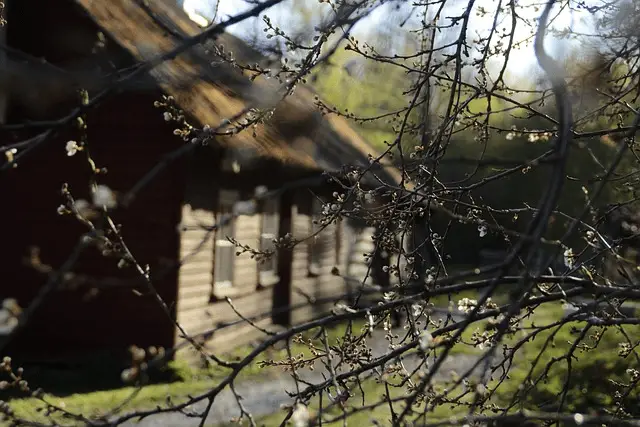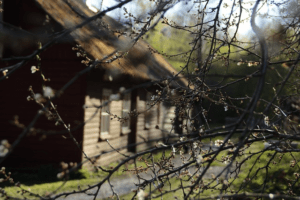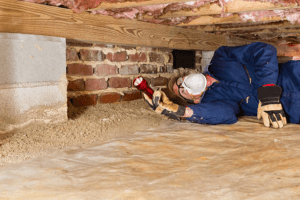Off-grid living is not a brand-new trend in the United States. People have been working to create clean, self-sufficient, and independent from the nation’s power grid off-grid homesteads for many years. A renewed interest in this way of life has been sparked by more recent events, though.
In the United States of America, is it against the law to live off the grid? The short answer is no; it is entirely legal. In fact, a number of states encourage off-grid living. However, you must abide by regional building and tax regulations.
Table of Contents
- 1 Living Off The Grid: What Does It Mean?
- 2 Important Things To Think About Before Going Off The Grid
- 3 Off-Grid Waste Disposal
- 4 Off-Grid Power Supply
- 5 Heating and Cooking Off The Grid
- 6 Crops and Livestock
- 7 Taxes and Loans
- 8 What Does Living Off the Land Mean?
- 9 What U.S. States Support Off-Grid Living?
Living Off The Grid: What Does It Mean?
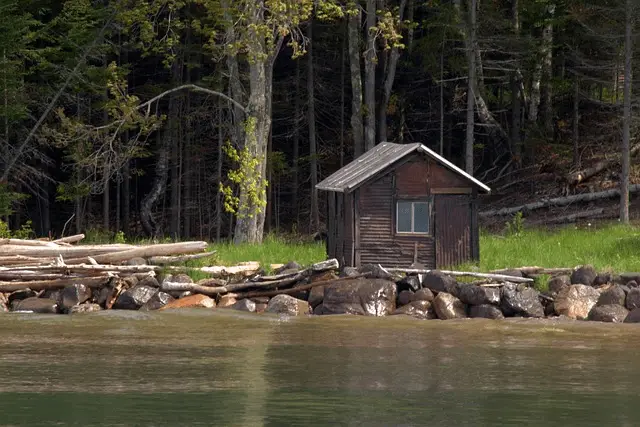
The phrases “off grid” and “off the grid” have many different connotations, and different people have different ideas about what off-grid living actually entails. It’s easy to understand why this is. Each individual leads a unique life.
Living “off-grid” simply means being cut off from the public power grid, according to the most basic definition. It is not technically illegal to live off the grid on your own. Off-grid living is entirely legal when you generate your own power. Living off the grid while growing your own food is acceptable. Building your own home in the country while not being connected to the power grid is called going “off-grid.” The same is true for taking care of animals, constructing a greenhouse, planting a garden, etc. All legal.
One can refer to a way of life that is self-sufficient and not reliant on any public utilities as being “off-the-grid” (OTG). Off-the-grid homes are self-sufficient because they are not connected to the city’s water, sewage, natural gas, electrical grid, or other utility services.
Here are a couple of reasons folks might decide to live off the grid;
Off-grid living: getting away from “the system”
What it really means to “live off the grid” is a topic of ongoing discussion in the off-grid community. For some, it means living in primitive conditions, avoiding all forms of technology, and snubbing “the man.”
Moving to the wilderness and distancing yourself from society, in general, is kind of a political statement. Separating oneself from an oppressive system of materialism, greed, corruption, and debt slavery is more of a declaration of independence and freedom from that system. This is really pushing things, and few people think of off-grid living this way.
Adaptation and readiness
Some people see going off the grid as essential for survival and preparation. In the event of an emergency, it turns into a way to live, protect your family, and survive. A simple electrical blackout, a complete financial meltdown, political unrest, war, or a natural disaster are all examples of emergencies.
Some ardent off-grid dwellers believe that living off the grid is all about being prepared, making sure they have enough supplies to take care of their families, and surviving an apocalyptic situation. This practice is known as “prepping for survival.”
Adopting sustainable lifestyles
Living off the grid is, for the majority of people, simply leading a sustainable life that involves using fewer resources and, in some cases, creating more than they consume. It entails living “green,” producing your own electricity, growing your own food, and disconnecting from the electrical grid. Some simply call it living off the land.
Utilizing renewable resources more slowly than you can replace and produce is what is meant by sustainable living. Finding balance in a way of life that contributes to the earth rather than depletes it is key.
Important Things To Think About Before Going Off The Grid
Off-the-Grid Water
If you want to live off the grid, you will obviously need access to potable freshwater. If you have a source of potable water on your property, most states will let you disconnect from the public water grid. Keep in mind that freshwater and potable water are different. Freshwater may need to be treated to make it potable, whereas potable water can be consumed directly.
If you’re fortunate enough to have a well or hand pump on your property, you can easily cut off your connection to the city’s water supply. The situation becomes murky, though, if you intend to collect rainwater and use it for drinking.
In almost all states, it is legal to collect rainwater, but drinking the water is not. Most of the collected rainwater comes into contact with the roof shingles, which are frequently chemically treated to stop the growth of grass and mold. Many states strictly prohibit using rainwater for drinking, especially if you’re traveling with a family or young children. Such water may contain toxic chemicals.
You can build a rainwater collection system that is completely disconnected from your roof if you have the space and the finances, which may get around this problem.
However, all freshwater sources occasionally fall under what is known as “prior appropriation” in some places, particularly in dry and arid areas. According to this law, the state claims ownership of all naturally occurring freshwater resources, including aquifers, rivers, and occasionally even rainfall.
This typically occurs in regions with high population densities and/or low rainfall, where there is little difference between the supply and demand for freshwater.
You won’t have any choice but to connect to a commercial or public water supply and pay for your water in such circumstances.
Off-Grid Waste Disposal
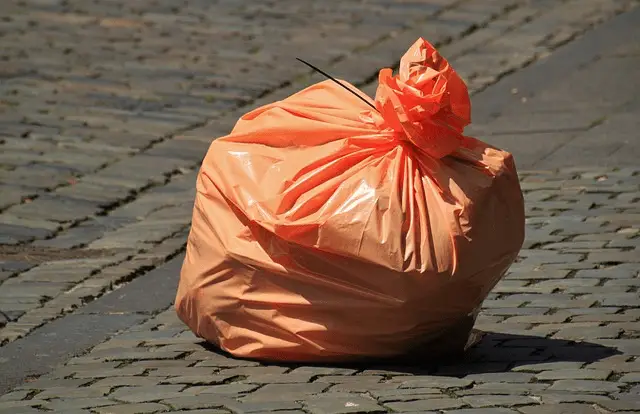
This one is very important. Every state is very strict regarding waste disposal or processing. Therefore, you must be able to properly dispose of your waste, including garbage and human waste, if you want to disconnect from the state’s waste and sewer services.
Even if your plants are for your personal consumption, you are not permitted to use your waste as manure for them. Untreated human waste can spread harmful diseases, contaminate surrounding freshwater sources, and pollute the soil.
Instead, you’ll need to get a percolation test done and have a septic system of a certain size. For the purpose of designing your septic system’s leach field, you must perform a percolation test, also known as a perc test, which gauges the soil’s ability to drain water.
A composting toilet is an additional choice you have. Human waste is decomposed in a composting toilet using healthy, high-temperature, aerobic decomposition. They depend on high carbon content materials such as sawdust or dry leaves that need to be dropped into the toilet after every use to break down human waste in a sanitary and clean way. Regulations apply to the use of composting toilets. To be approved by local authorities, your composting toilet must adhere to NSF/ANSI Standard #41 or Electrical Testing Labs (ETL) standards.
Leach fields and composting toilets are both outright prohibited in many counties, though. It will cost more to connect to the local waste system the further you are from the city.
You’ll need to demonstrate that you know how to properly dispose of your trash. If practiced properly, living off the grid produces mostly organic waste. Such waste can be converted into compost in compost bins, which can then be used as garden manure.
The remainder may be burned in an incinerator. This shouldn’t be a problem with the authorities as long as you abide by regional environmental laws, compost your waste, and avoid openly dumping your trash.
Septic Systems
One of the biggest problems an off-gridder faces is sewage disposal. Dumping sewage anywhere is strictly prohibited because it harms the environment and is against the law. You are also most likely not connected to the sewage pipes of the closest town because you are off the grid.
You must install your own septic system, bury the septic tank, and obtain the necessary permits before beginning. Despite how bureaucratic it may seem, the permit is necessary to protect the environment.
Off-Grid Power Supply
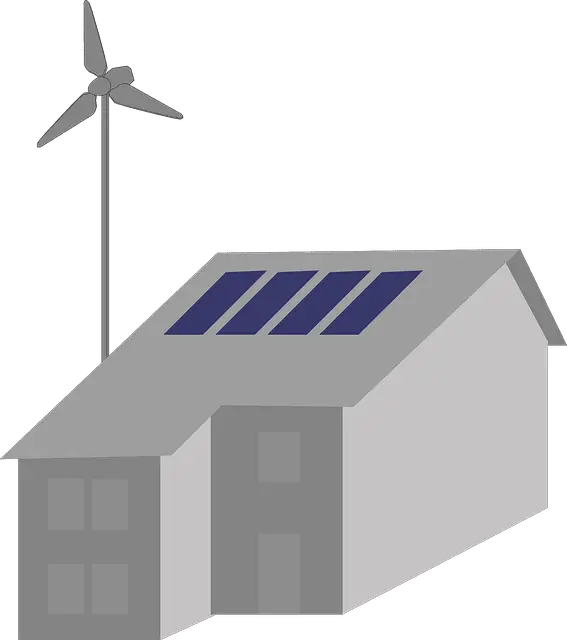
Creating your own power is a fundamental aspect of off-grid living. You might encounter issues with local laws even here, though. Using a diesel generator is not an option because most states have laws against it, it is extremely polluting, and it defeats the purpose of living sustainably.
Solar energy is your best option. You can have your own solar power setup without burning a hole in your wallet thanks to advances in solar technology.
If the authorities permit you, that is. In almost all US cities and towns, it is against the law to disconnect from the public supply grid. Depending on the county, it might also be against the law in rural areas closer to the city. You might be able to completely cut off from the public power grid by relocating to rural areas further away from the city, as the majority of it is generated using coal and other harmful fuels.
Some counties offer a system known as the “solar grid option,” which allows you to install solar panels while remaining connected to the public power grid. Any extra electricity you generate will be sold to the city at a reduced wholesale price.
The benefit is that you will still have power in case your solar setup does not generate enough to cover your needs.
This entails paying electricity bills, but if you use electricity wisely, you can significantly lower your bills by offering to sell the surplus to the government. If done properly, you may even be able to completely offset your electricity bill, leaving you with nothing to pay.
But keep in mind that the production of solar power varies from one region to another. You must relocate to a state with plenty of sunny days per year if you want to use solar energy for the majority of your energy needs. Low wintertime temperatures will also contribute to an increase in your energy consumption.
Heating and Cooking Off The Grid
In your off-grid home, fuel will be necessary for both heating and cooking. We wouldn’t advise using wood, coal, or another comparable fuel because they burn uncleanly and emit a lot of harmful gases into the atmosphere.
However, if you intend to use wood as fuel, you must either gather it from your own property, buy it from a supplier, or pay to have permission to collect it on someone else’s property. However, burning wood is prohibited by law in many states.
To get around this, you can either buy and use canned propane for cooking and heating or use electric cooktops and heaters.
Crops and Livestock
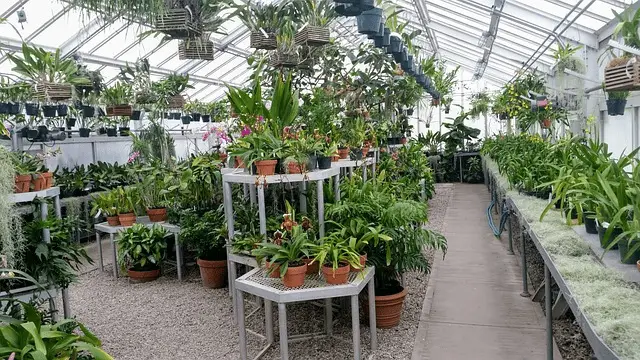
If you choose to live off the grid, you might want to raise your own livestock or grow your own crops. Store-bought food is expensive and usually grown using a lot of harmful pesticides. This ought to be simple now that you have your own plot of land, right?
No, and yes. If the land is zoned for agriculture, you are allowed to raise crops and animals like chickens, pigs, cows, or horses. However, you risk legal trouble if you cultivate plants or keep animals on property that isn’t zoned for agriculture.
Always confirm the land’s zoning before purchasing it because it can be very challenging to change the zoning. However, most rural land is zoned for agriculture, and the more restrictions there are the closer you get to the city.
Additionally, the majority of states forbid the sale of excess produce unless the necessary health inspections and permits are obtained. Even if you are producing more than you require, you won’t be able to sell it if you are unable to obtain those.
Taxes and Loans
Even if you live off the grid, it is very challenging to avoid paying any taxes in the US. You must pay income tax if you have a source of income, and you must pay property tax on your home. You’ll have to occasionally make purchases from the store, which will require you to pay sales tax.
Off-grid living is all about sustainability and minimizing consumption, so while your taxes may be significantly lower, they won’t be entirely gone.
Off-grid living is something some governments try to discourage. For instance, between 2008 and 2011, banks in the US stopped making loans for the construction of off-grid homes.
Combining this with the minimum square footage requirement in most states, you may face a financial catastrophe as a result of the government’s whims. Make sure you have enough money set aside to get by in case such circumstances arise.
As you can see, it is not technically against the law to live off the grid in the US. Off-grid living is very challenging, though, due to numerous laws that differ from state to state and even within a state and can be either restrictive or outright prohibitive.
When going off the grid, it is very easy to end up in legal trouble if you don’t read the legal and technical fine print. To assist you in finding your ideal haven, we have compiled lists of the best and worst states for an off-grid enthusiast to reside in.
Failing to Pay Taxes
Every capable citizen must pay taxes, which is a very basic and simple principle. Property taxes are an expense that comes with owning a home. No matter how isolated and far away it is, your off-the-grid property must pay taxes in accordance with local laws.
You have to pay taxes regardless of whether you raise animals, grow crops, provide services, or manufacture goods. Every income is subject to tax. Of course, you can ask an accountant if you qualify for a tax deduction.
Don’t, to put it bluntly, mess around with the IRS. Freely live off the grid without being concerned about the taxman’s retaliation.
Off Grid Shelter
Off-grid living is not simply deciding to set up a tent in the wilderness and calling it that. The majority of states will fine you or even throw you in jail for that. Getting a permanent structure, that is AWAY, is the best course of action in this situation. Of course, there will be rules that apply to the house you build as well. If you don’t comply with the minimum square footage requirements in some cities, you risk having to live off the grid illegally.
You still need to take into account some other restrictions, such as the right to farm that some lands come with or are prohibited from having, if you can read the city’s building codes with a fine tooth comb and determine your home exceeds legal requirements.
You may not even be able to save energy by drying your clothes outside because some homeowners’ associations forbid the spreading of clothing lines. You’ll have a lot of difficulty growing your own food if there are restrictions on the types of crops you can grow.
Off-Grid Financial Situation
Living off the grid is a pipe dream that very few people can actually afford. But as a result of the internet, more and more people are choosing to live independently of the government and their neighbors.
Living off the grid can reduce your carbon footprint and save you a ton of money on utilities if done properly. However, you don’t have to be completely independent. The majority of people who opt to live off the grid do so partially and rely on the local communities for food.
Squatting
Property was a previous topic. Off-grid residents typically purchase land and construct their own homes. The prices vary between states.
However, some people believe that going off the grid should be practically illegal. They occupy vacant lots and squat in buildings that are almost completely deserted. Additionally, they complain that their freedom is being violated when the police arrive to remove them.
Off-grid living should not be done in this manner. Again, you need to feel calm. With your product, the solar panel installation, the off-grid Internet, and other concerns, you won’t have any more to worry about. Simply avoid squatting. Create your own land—your off-grid, legal kingdom.
Building Codes and Zoning Restrictions
Suppose you own a piece of land. It’s not enough to simply pitch a tent on your property. Even on your own land, you are not allowed to camp for longer than two weeks. For a longer camping trip, you can try applying for a permit, but it might be nearly impossible.
When deciding to construct a permanent home, there are a few things to keep in mind to avoid running afoul of the law.
You can never have too little square footage for a tiny house or cabin. The local government will not let you build on your lot if minimum square footage is not met. The area must be between 500 and 1000 square feet in some counties.
You cannot construct your home however you please due to building codes. You must strictly adhere to a list of regional and international building codes. Your own security is also at stake. If your building doesn’t meet the required standards, it will be inspected and you risk receiving a fine (or worse). If you don’t already know it, familiarize yourself with The International Building Code or work with a skilled builder.
Water source: In order to receive full approval, your building must have access to water. You must come up with another solution if you are not connected to the water pipes. It’s always a good idea to purchase land with a natural spring or dig a well. It can be difficult to collect rainwater because not all states or counties permit it. Before selecting the method of supplying water to your new property, you should research the local restrictions.
Production of energy: In essence, you are free to create your own energy. In some cases, the surplus is even sold to the neighborhood power grid. We suggest doing some research on your own to find out about any unusual restrictions that a local government might impose. For examples of attempts by authorities to stop the production of off-grid energy, see the article from RT America below.
Permits for Fishing and Hunting
Even when hunting on your own property, a permit is still required if hunting and/or fishing are part of your weekly routine. Poaching is unquestionably prohibited. To maintain a stable population, some animals are only permitted to be hunted during specific seasons. In any case, you left the city to live in harmony with Mother Nature, correct?—not to indiscriminately take everything from her.
It is not wise to buy disposable items
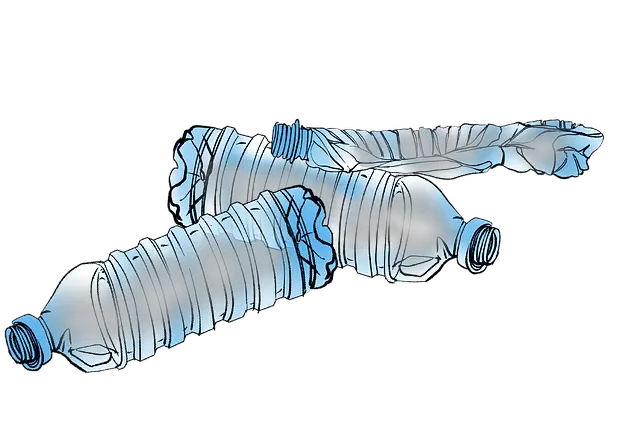
When you choose to live off the land permanently, plastic and other disposable items are usually off the table. Anything that can’t withstand harsh, demanding conditions year after year is off-limits.
Spend time looking around for the toughest outdoor clothing, such as coats, pants, mid-layers, base layers, gloves, hats, and face masks that can be worn or repurposed for many years before bringing them into your off-grid environment.
Everything Depends on Survival and Safety
The most important thing is to know how to care for yourself in an emergency, even if you don’t do anything else to get ready for your new lifestyle.
You need to be open to that and prepared to put your survival first, even if that means compromising your personal principles, in situations where you may need to return to “normal” society—for example, to get medical care or restock supplies.
To be able to handle common problems and injuries quickly and effectively, learn everything you can about first aid.
You Could Feel Alone
Self-sufficiency is a key component of homesteading and off-grid living. That entails being able to provide for your own needs, including shelter, food, and entertainment.
Even if you intend to adopt this lifestyle with your spouse or your entire family, you will probably experience periods of loneliness because you will generally be interacting with fewer people. Ensure that you have a strategy in place and are equipped to handle this.
What Does Living Off the Land Mean?
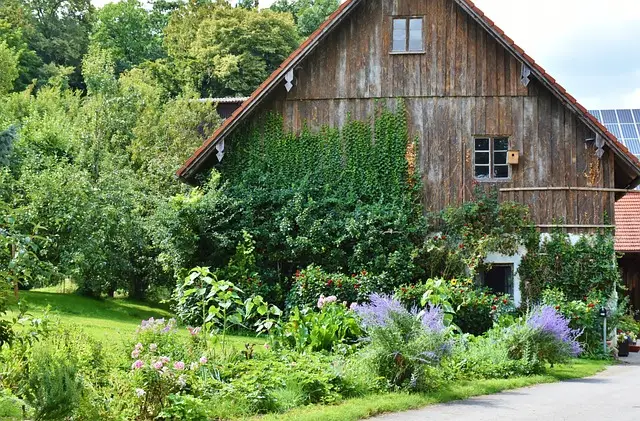
Living off the land entails relying solely on the natural resources of the land, primarily food, water, and energy.
To put it another way, people who rely on the land to survive hunt or forage for food and gather energy from the sun, wind, or other natural sources. Living off the land, also known as homesteading, off-grid living, or permanent camping is a fulfilling way to prepare your family and yourself for total independence.
What U.S. States Support Off-Grid Living?
Colorado has become one of the most welcoming states in the United States. The zoning regulations were made more lenient by the state. In addition, many counties are actually developing green and sustainable homes.
Off-the-grid living is accepted as legal in Florida. The permissive rules and laws encourage setting up solar and wind energy systems as well as enlarging your homesteads to include a garden or a small farm.
The only thing you need to do is get out of the city because Hawaii is already largely off the grid. There, the weather is a balanced mix of sun and rain, resulting in fertile soil and ideal conditions for off-grid living.
Off-grid settlement is actively encouraged and supported in Missouri. There are no local regulations requiring septic system connections or prohibiting you from collecting rainwater. The Missouri government does not closely regulate a person’s life, and you are free to live as independently as you can from society. The local weather, which promotes the growth of beautiful and prosperous crops, is another benefit.
The state of Ohio is very accommodating to off-the-grid living. Numerous positive aspects exist, including low property taxes, affordable land prices, low living expenses, and low crime rates. Numerous counties lack even a permit office and strict zoning regulations. Natural resources are abundant in this state, making it a great place to live off the grid.
In terms of setting up your off-the-grid homestead, Alaska has very lenient laws and little regulation.
Is Living Off The Grid Without Electricity Legal?
Even if you choose to live off the grid, you still need to have some form of power generation, such as solar panels, wind turbines, thermal wells, etc. Citizens are not allowed to go completely without electricity, according to the law. Although it is ideal for the government to stay out of people’s lives, they still want to keep you safe. A house without electricity cannot power fire and CO2 detectors, which is highly dangerous.
How do I Prepare for Off Grid living?
Preparing to live off-grid necessitates a significant investment of both financial and mental and physical resources. A budget must account for the costs of purchasing land, building a home and a farm, acquiring the necessary tools and equipment, setting up solar and septic systems, and other expenses.
You should also find and connect with off-grid communities for help or guidance especially if you are just starting out on your off-grid living journey.
Can You Live Off the Grid anywhere?
Fortunately, it is not illegal to live off the grid. Some states or cities have a harder situation than others. Some towns have strict building and land usage rules.
The short answer to the question “Is off-grid living illegal?” is no. But only if you live in an area that’s thinly populated enough that your actions do not impact the lives of those around you.
